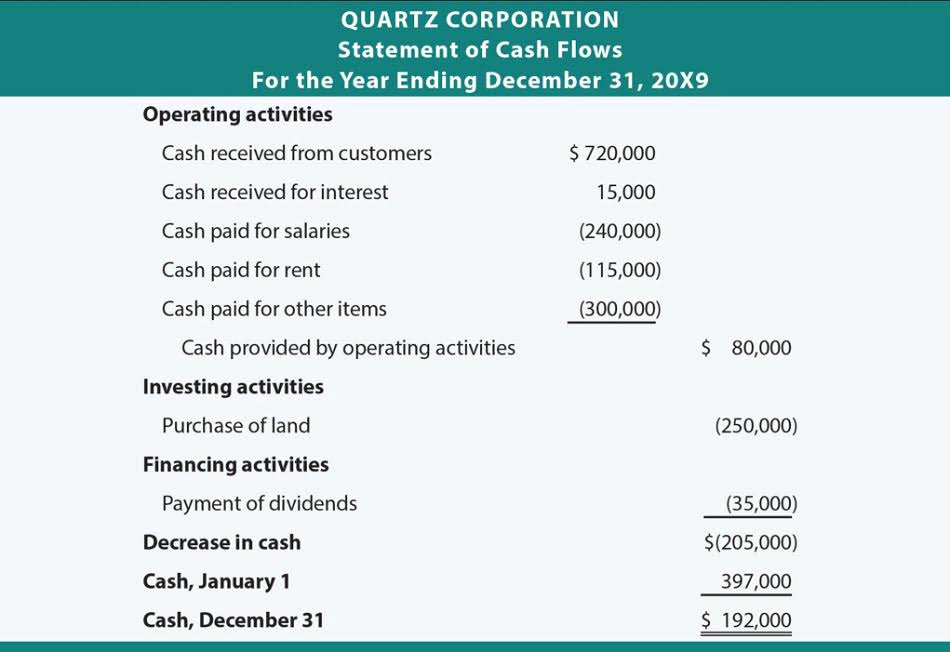
It is important to remember that electronic transfer security measures must be put in place to prevent loss of funds.
Outstanding Check Definition
Be mindful of what outstanding checks you’ve written before drawing down your bank balance. An outstanding check refers to a check that has not yet been deposited or cashed by the recipient. Don’t let outstanding check definition fear of missing out on compliance requirements drive your organization’s financial processes into dangerous territory.
- This typically occurs after a few years, but timetables vary from state to state.
- This period can range from 60 days to six months.Sometimes a payee forgets about the check or loses it without notifying the payor.
- One part of check writing that can take some practice is the handling of an outstanding check.
- If that doesn’t work, send a letter informing payees the check has not been presented and officially request they notify you if they have not received the payment.
Steps in preparing a bank reconciliation statement:
Timing differences and recording errors can further complicate reconciliation. For example, checks issued near the end of a reporting contra asset account period may remain outstanding until the next period, requiring adjustments across multiple reconciliations. To address these challenges, businesses often implement internal controls, such as regular monitoring of outstanding checks and following up with payees for timely clearance. Accountants must track outstanding checks and adjust cash balances accordingly. This requires a reconciliation statement that identifies all outstanding checks and other items such as bank fees or errors. These adjustments bridge the gap between the bank statement and the company’s ledger, accurately reflecting the cash position.

Example of an Outstanding Check in the Bank Reconciliation

There is no need for https://www.bookstime.com/ the company to write a journal entry, as the checks were recorded in the company’s general ledger account when the checks were written. These laws often require businesses to conduct due diligence, which includes making reasonable efforts to locate and notify the rightful owners before surrendering funds to the state. Financial systems must be capable of tracking such obligations to ensure compliance and avoid oversight. In U.S. accounting textbooks, every check that has not been cleared is termed an outstanding check.

Access Exclusive Templates

Different banks have different processing times, but most outstanding deposits typically clear within three business days. If you have an outstanding check, you should first follow up with the payee to ensure that they received it and have not lost or misplaced it. It’s important to note that any failure or delay in addressing issues related to outstanding checks can exacerbate existing legal risks. You’re not alone understanding outstanding checks and how to stay clear of their risks is essential for anyone managing their finances.
- For instance, the balance sheet may not reflect the true cash position if these checks are not properly accounted for.
- Failure to properly manage outstanding checks can result in overdrafts, inaccurate financial reporting, and potential fees or penalties.
- By promptly reconciling accounts manually or by utilizing accounting software monitoring tools like Quickbooks allows early identification of suspicious transactions and possible fraud attempts.
- Lastly, you can contact the recipient of the check and ask them to confirm whether they have deposited or cashed the check.
- Programs like QuickBooks, Xero, and Sage offer features that automatically match issued checks with those cleared by the bank, flagging any remaining as outstanding.